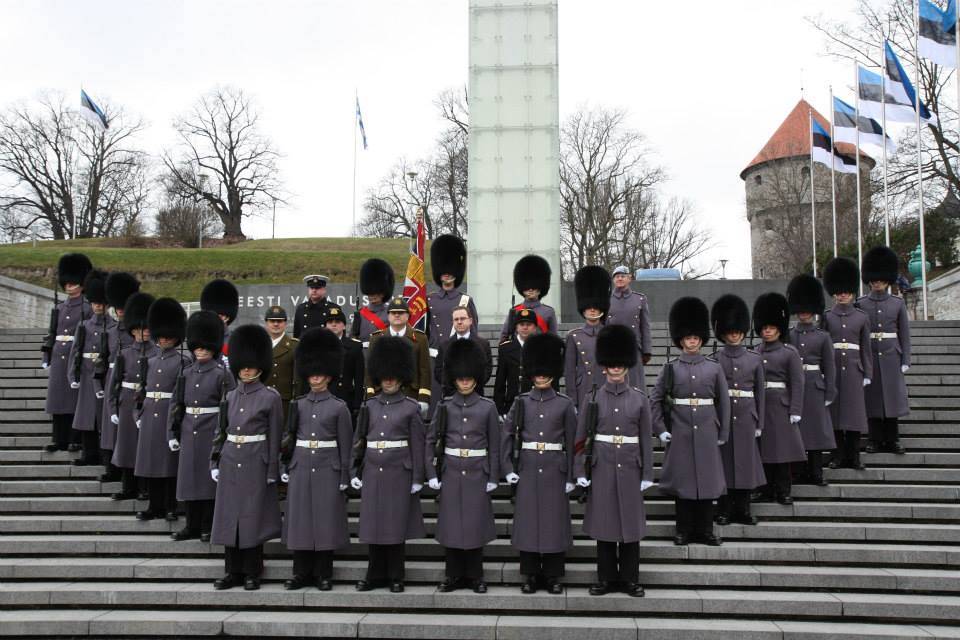The United Kingdom is to deploy its troops to Estonia, Latvia, Lithuania and Poland; according to the country’s defence secretary, Michael Fallon, the troops will be involved in training, evaluation and capacity-building mission. The deployment is partly related to the Russian air strikes in Syria and to counter the tensions between the West and Moscow.
Fallon said the British troops to be deployed to the region “will be part of a more persistent presence by NATO forces”, according to the British newspaper, The Telegraph.
Fallon announced the commitment at the quarterly meeting of NATO defence ministers in Brussels. According to the Guardian newspaper, the deployment is intended to reassure the Baltic countries in light of increased tension between Russia and Ukraine.
The UK troops will join German and US troops already in the region and the British commitment will initially comprise about 100 troops, the Guardian said.
However, the troop deployment is not only about reassuring the Baltic states, but to counter the tensions between the West and the Russian Federation after the latter’s airstrikes in Syria. Even though Russia claims to be targeting the terrorist group ISIS, according to the US, more than 90% of the Russian airstrikes have not been aimed at the group. According to the Guardian, the western powers say the airstrikes have largely hit mainstream opposition forces and are primarily designed to bolster the regime of Syria’s president, Bashar al-Assad.
“Russia is making a very serious situation in Syria much more dangerous,” the UK defence secretary Fallon said. “We will be calling on Russia specifically to stop propping up the Assad regime, to use their influence constructively to stop Assad bombing his own civilians and themselves to avoid the use of unguided munitions in areas that are not being controlled by [ISIS].”
In a response to the UK’s announcement, Russia promised to ensure “parity” in the Baltic region, the International Business Times reported. Kremlin spokesman Dmitry Peskov said that seeing British troops in the Baltics and other parts of Eastern Europe would be “regrettable” and was another example of NATO expansionism. The International Business Times reported that it was not clear how Russia would act to achieve parity, “but it will likely involve a buildup of Russian troops and weaponry on the country’s western border and in the Baltic exclave of Kaliningrad”, the newspaper added.
I
Cover: a platoon from Nijmegen Company 2nd Battalion Grenadier Guards of the British Army in Tallinn on the occasion of Estonian Independence Day in 2014. Courtesy of British Embassy in Tallinn.

